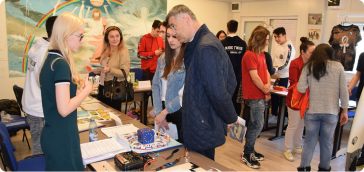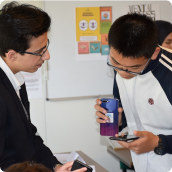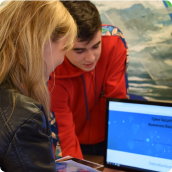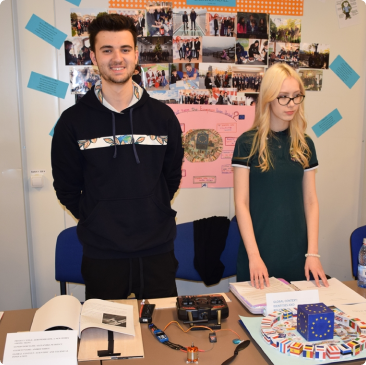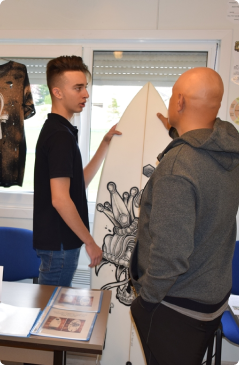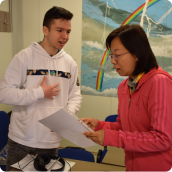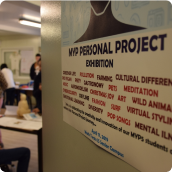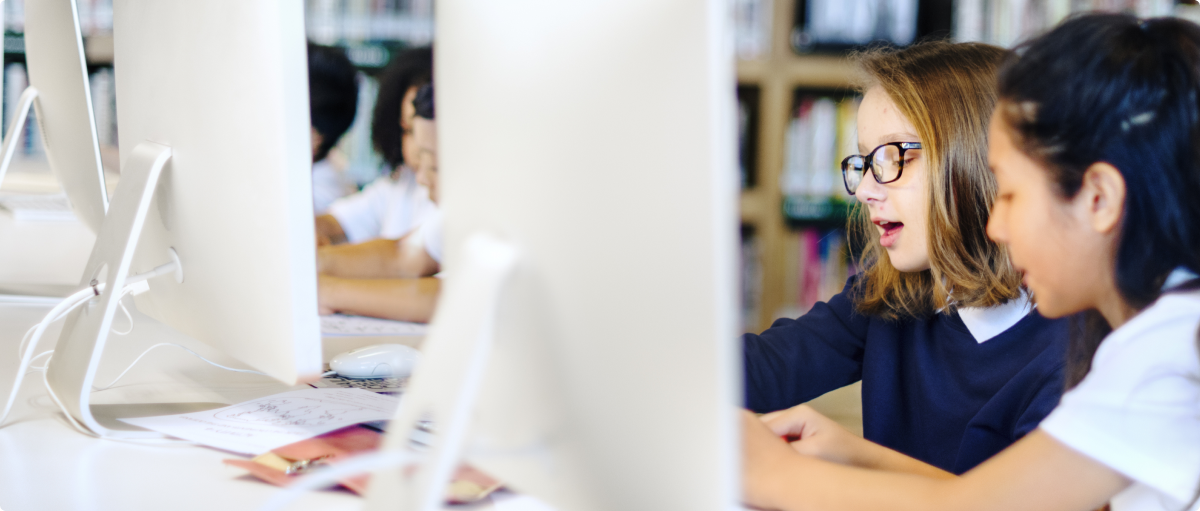

Life in the 21st century places many changing demands on students making the transition through adolescence. They are at a crucial period of personal, social, physical and intellectual development, of uncertainty and of questioning. The International Baccalaureate Middle Years Programme is designed to help them find a sense of belonging in the ever-changing and increasingly interrelated world around them and to foster a positive attitude to learning.
The IB Middle Years Programme, for students aged 11 to 16, provides a framework of academic challenge that encourages students to embrace and understand the connections between traditional subjects and the real world, and become critical and reflective thinkers.
The MYP personal project is a student-centred and age-appropriate practical
exploration in which students consolidate their learning throughout the programme.
This long-term project is designed as an independent learning experience of
approximately 25 hours. The personal project formally assesses students’ ATL skills for
self-management, research, communication, critical and creative thinking, and
collaboration.
MYP projects involve students in a wide range of student-planned learning activities
that extend knowledge and understanding and develop important academic and
personal skills.


Students address personal project objectives through:
Example goals include the development of original works of art, models,
business plans, campaigns, blueprints, investigative studies, scientific
experiments, performances, fieldwork, narrative essays, courses of study or
learning engagements, films, computer programmes, and many other forms
of work.
As a record of progress, journals can take many forms and can be recorded in
a variety of media. They represent an evolving record of plans, ideas and
accomplishments. The process journal provides a repository for essential
reflections on learning and formative feedback on students’ work.
Extracts from the journal, which demonstrate achievement in all criteria, are
submitted as appendices of the report or presentation at the conclusion of
the project.
The personal project report explains the project process in a concise and
succinct form. The report contains a formal bibliography and a statement of
academic honesty.
Each personal project objective corresponds to one of four equally weighted
assessment criteria. Each criterion has eight possible achievement levels (1–
8), divided into four bands with unique descriptors that teachers use to make
judgments about students’ work.
Projects are assessed by their supervisors against these published criteria,
and schools conduct internal standardization to ensure consistent
understanding of the criteria and student performance.
Each student has a personal project supervisor who
provides guidance and formative feedback
The external validation of personal project grades is mandatory for all MYP
schools ending in year 5 (Grade 10). In each exam session, the IB moderates
a sample of personal projects from each school, adjusting grades as
necessary to ensure the application of rigorous and reliable international
standards.

In the Personal project Exhibition, students display their projects. Teachers,
other students, and parents came to celebrate students’ projects. They ask
questions and gave a personal opinion on every project.
